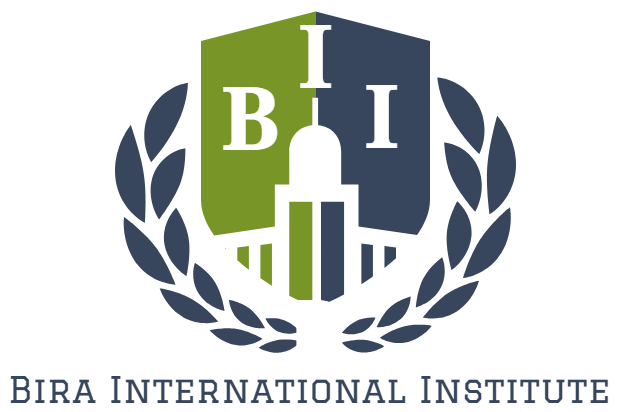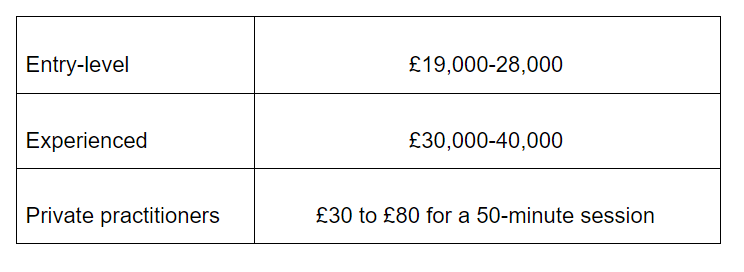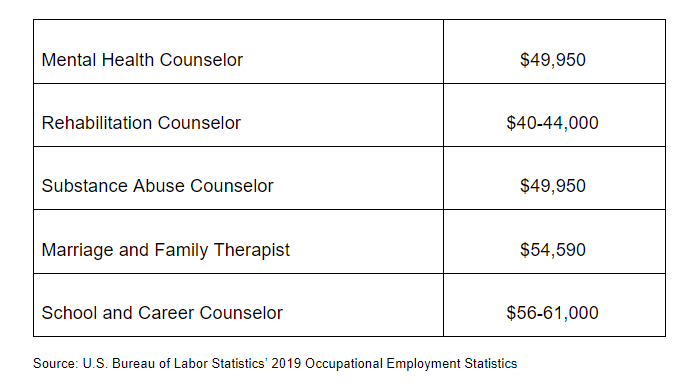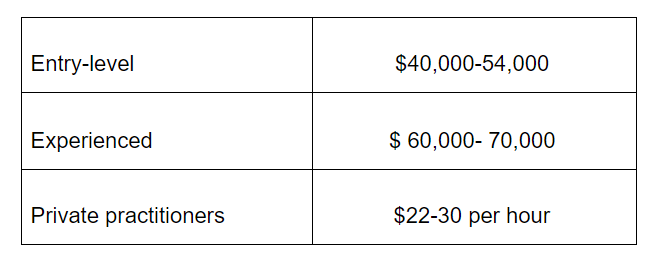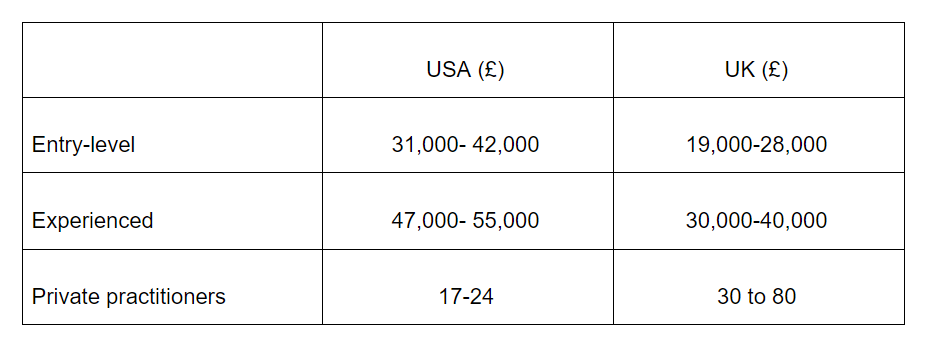Training to become a counsellor
Training to become a counsellor
Counsellors play a significant role in the lives of their clients. It is a rewarding career, but it is not easy as well. Proper training and education will help the counsellor provide quality services to the client.

Becoming a counsellor
Here are 3-steps that will help you start your journey as a counsellor:
Step 1: Take an introductory course
Take an introductory course about counselling. An introductory course will give you an overview of the training that will be involved as well as the necessary counselling skills you need to develop. With this, you can decide whether counselling is the career you would like to pursue and if you are ready to commit to it.
Deciding to take an introductory course and not pursue a counselling career later on, is still helpful as this course will help you develop skills that can be applied to your daily life as well as relationships. This introductory course can last up to 12 weeks.
Step 2: Get a certificate in counselling skills
After deciding that you desire to take a career path in counselling, the next step is to get a certification in counselling skills. This course is a more in-depth study of theories, techniques and principles of counselling and provides a solid foundation that can be applied during the training process. It is an excellent avenue for you to enhance your counselling skills that can be used in this field.
Universities and colleges usually offer certifications. Online learning providers also provide certificates upon course completion. Taking an online course rather than attending a university has benefits and you may read it here.
Entry requirements for this course may vary. Getting a certification may be done on a part-time basis and may last for a year.
Step 3: Undergo a core practitioner training
The core practitioner training is an in-depth training programme that meets the internationally recognized quality and competence standards. The programme provides trainings in reflective and ethical practice.
This core practitioner training must also be at the minimum level of a diploma in counselling or psychotherapy.
The training includes knowledge-based learning such as theories and their application, ethics and the law, philosophy and human development. It also covers therapeutic competencies such as relationship building, communications, monitoring and evaluation, strategies and interventions and self-awareness. Lastly, it encompasses research awareness such as methodology, application and accurate research findings.

The course must include supervised placements so that skills can be practice with clients. Practicing it with clients while being supervised by an instructor or mentor is a great way to put all the learned theories into practice. The mentor can also give valuable inputs and evaluation to the student for a more meaningful learning xperience. Aside from theories, experiencing working as a counsellor will allow students to fully explore the world of counselors.
Typically, the minimum hours of training are 100 hours, though; some training providers require higher number of hours. The training cost also depends on whether it is full-time or part-time and the level qualification it provides.
After the completion of training, others go to higher studies on a part-time basis. Some start to work in facilities, private companies or work on a freelance basis while others decided to work and study simultaneously.
Conclusion
Being qualified to work as a counsellor is more accessible and more manageable now, especially there are online providers like BIRA. BIRA offers students an opportunity to consolidate learned knowledge and skills through assessments and case studies so that upon course completion, learners can put theory into practice. BIRA’s courses benefit both novice and qualified counsellors because the areas covered offer professional counsellors with additional tools while in the comfort of their homes, at their own pace and affordable prices.
Ready to start your journey towards becoming a counsellor? Learn and grow with us! Check our courses here.
We are also offering a FREE introduction to counselling course. Check it out and avail a 25% discount on other courses upon the completion of this free course.
